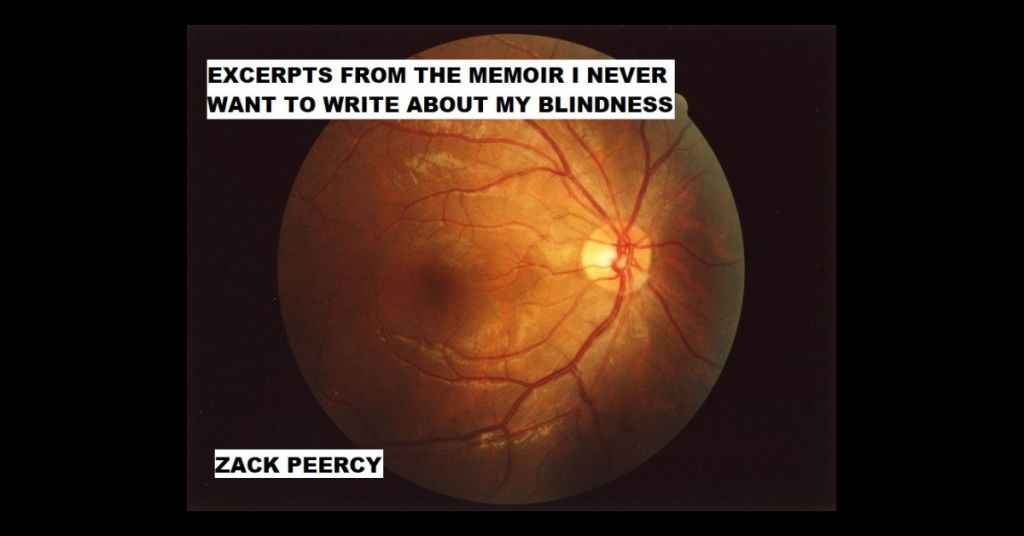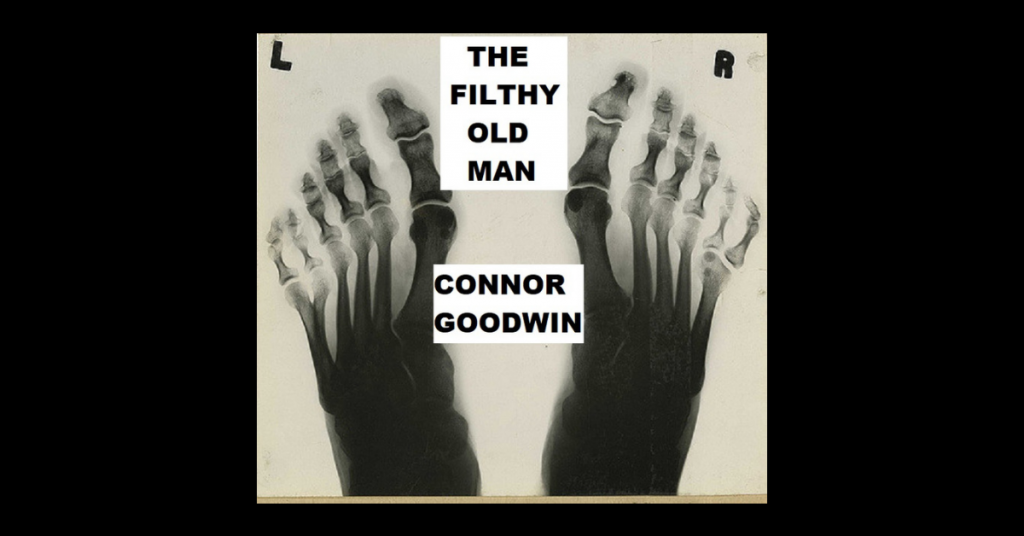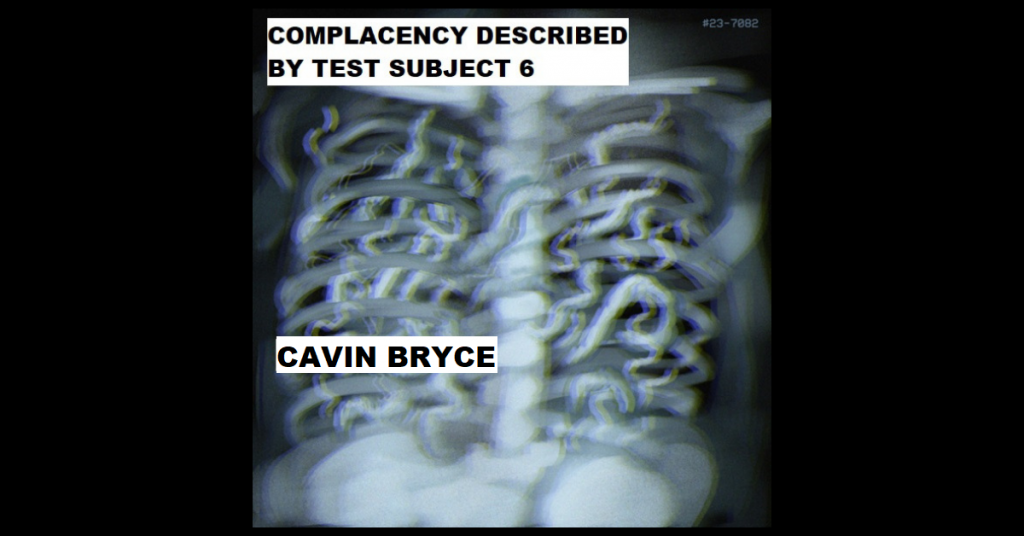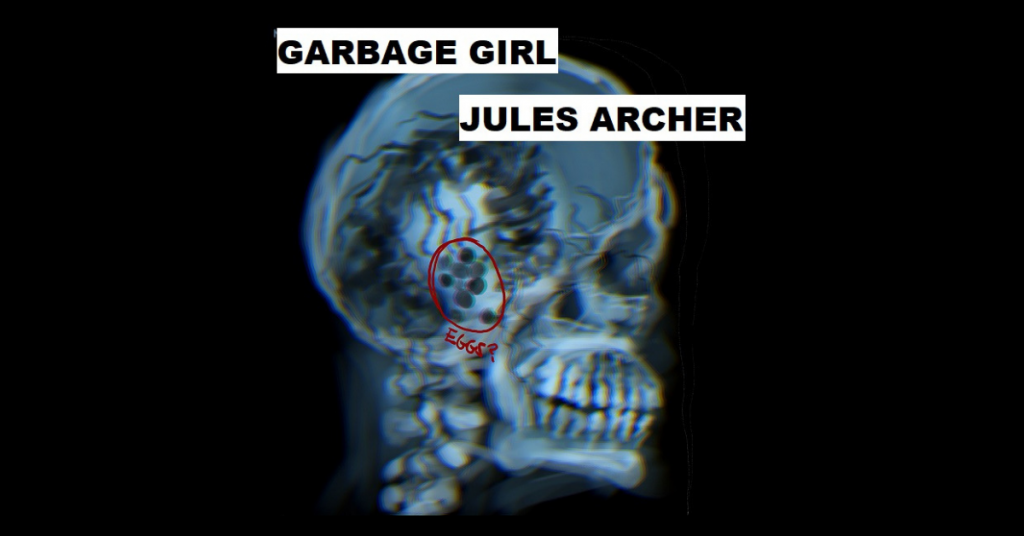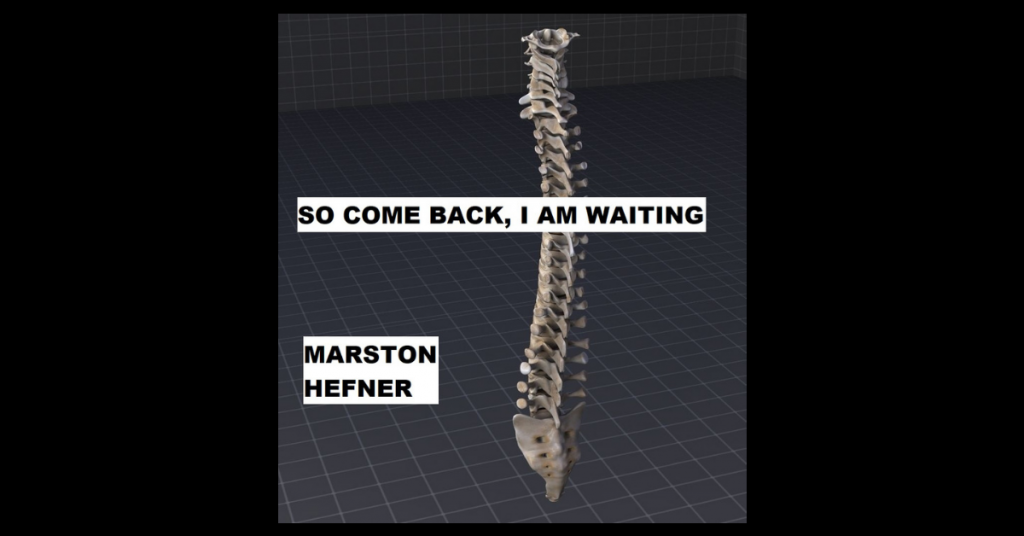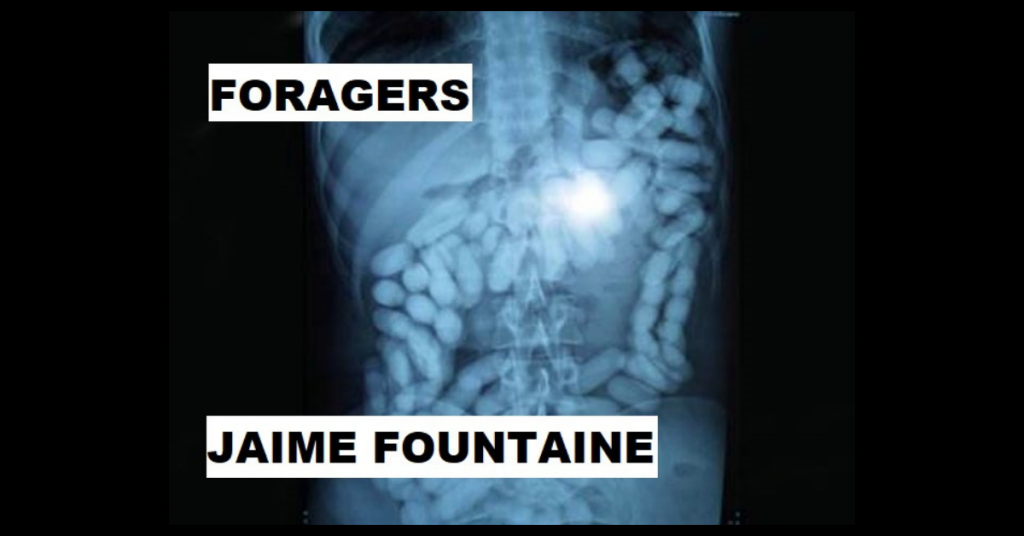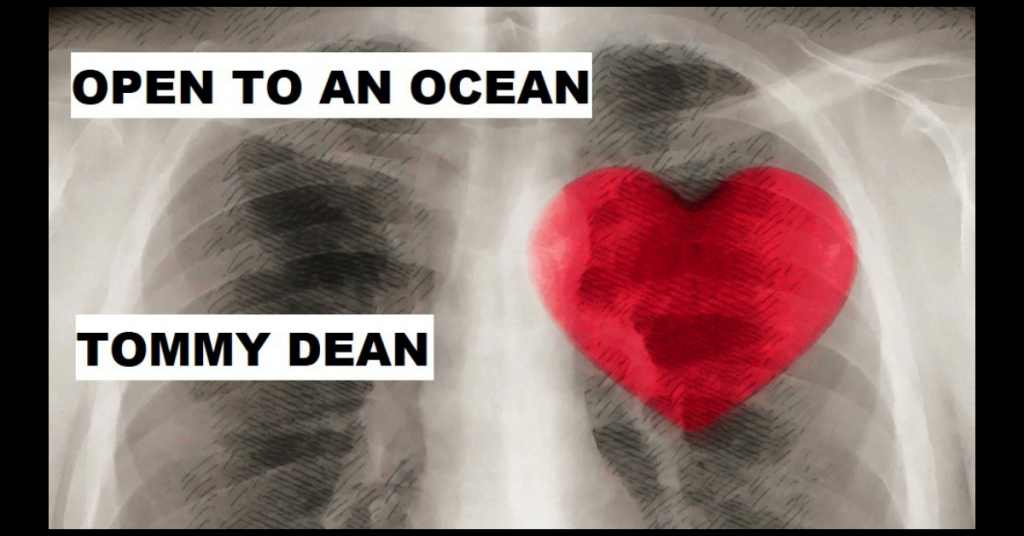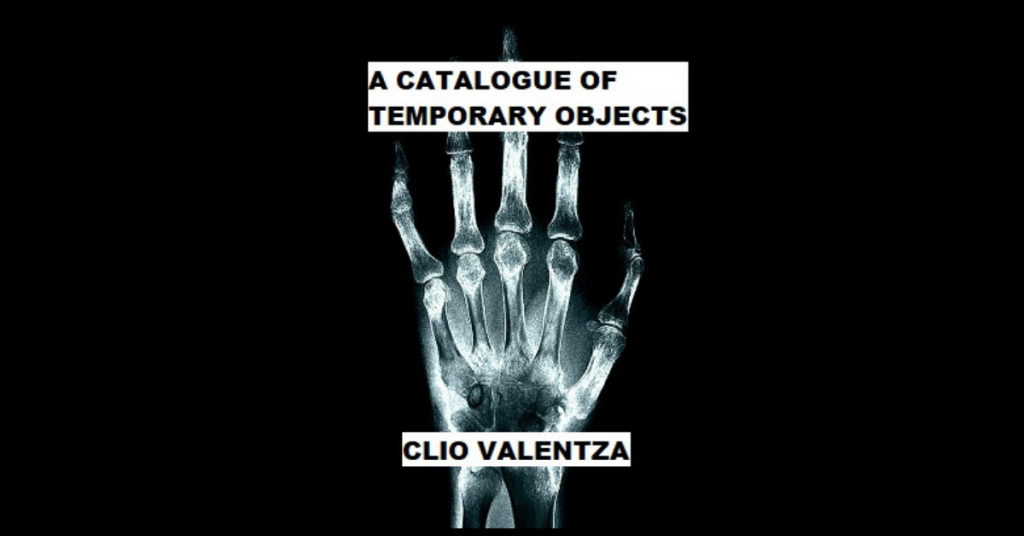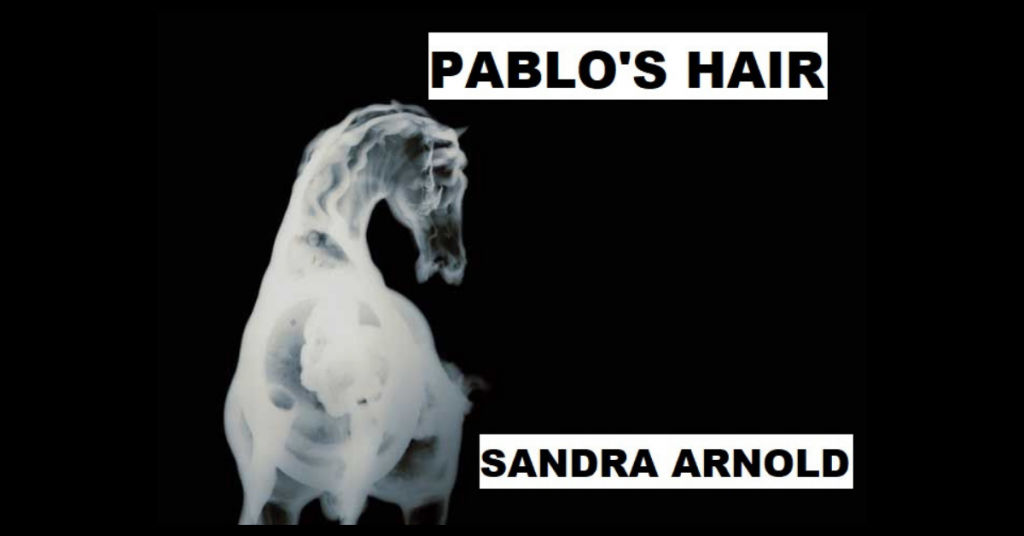
PABLO’S HAIR by Sandra Arnold
When we got to the farm Bill explained that the dead boy’s parents had asked him to keep the pregnant mare and her two year old colt till they found a buyer, but none of the guys who came to look at her could even catch her. “Don’t worry, Beth,” he reassured, “I’ve asked Pablo to do a bit of schooling so she’ll be calm enough for you to ride.” We turned the corner into the barn and saw the colt tied to the fence. His mother, a beautiful bay, was tied to a pole while Pablo, sweat soaking into…

